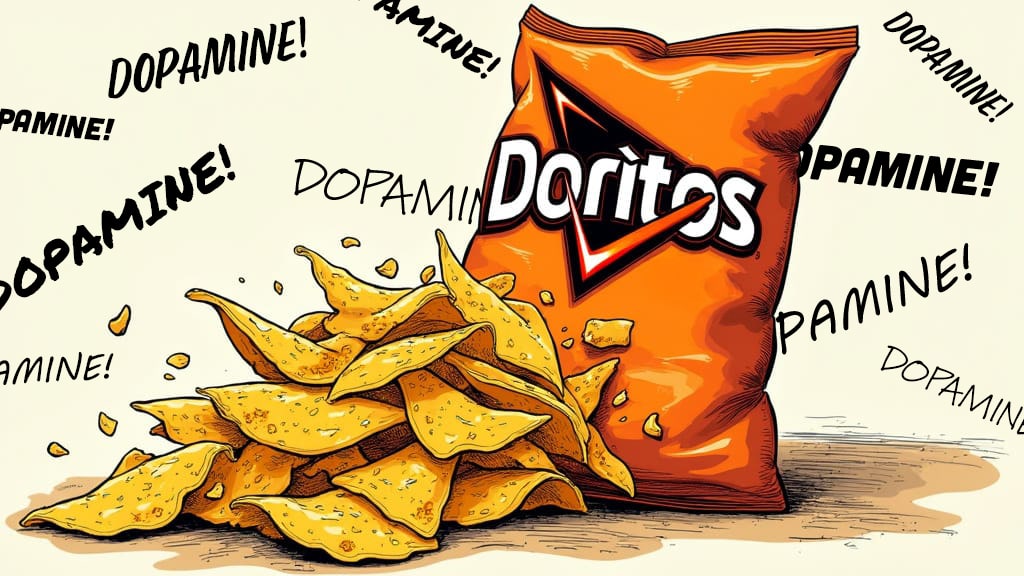For some random reason I was thinking about all the TV shows and movies, many of which I love, that often portray bipolar people as aggressive or violent. I’m a big Law & Order fan and there has been at least a few episodes where bipolar was used as an attempt at a defense. Heck, even real life lawyers try this defense. But is there any evidence?
It was gnawing at me while I was tying my Baby Yoda friendship bracelet and when I finally felt like throwing that little jerk of a juvenile Jedi across the room, I thought, “Let me see if there are any studies.”
Well I found one and stopped there because I got so f-ing fuming, you know, bipolar mad because it was making sweeping claims about bipolar folk based on ONE, count ’em, ONE survey questionnaire.
The Questionnaire Basics
Questionnaire Used
- Tool: Buss-Perry Aggression Questionnaire (AQ)
- Type: Self-report questionnaire
- Items: 29 statements measuring aggression
- Scales/Subscales:
- Physical Aggression
- Verbal Aggression
- Anger
- Hostility
- Indirect Aggression
How It Was Run
Participants:
- 255 people with bipolar disorder (I or II)
- 85 people with non-bipolar psychopathology
- 84 healthy controls
Administration:
- Participants completed the AQ during a research study visit
- Responses were scored to produce subscale and total aggression scores
Purpose:
- To compare levels of self-reported aggression across the three groups
Adjustments made for analysis:
- Controlled for demographics, comorbid diagnoses, current mood state, psychosis, and medications
Key Outcome:
- Bipolar group scored significantly higher on aggression (especially when symptomatic), even after controlling for other variables
I had this to say to the National Institute of Health (NIH) about it. Whether anyone hears me is as likely as me finding little Grogu. But what the heck, I’ll show them just how angry and unreasonable us bipolar people really are!
“Dear NIH, I have one issue with the study ‘Is bipolar disorder specifically associated with aggression?’
I’m sure there’s a technical term for it, but I’ll just call it ‘questionnaire conditioning.’
Most people with bipolar disorder like myself who participate in studies like this are likely doing it because we want to help (and maybe for the $50 incentive). But more importantly: we’ve taken so many of these questionnaires over the years, and many of us have spent years in therapy learning to be open and honest about difficult topics. Filling out a self-report form like the Aggression Questionnaire is easy for us—it’s practically second nature.
On the other hand, people in the ‘healthy’ control group might not be nearly as comfortable answering questions about aggression or hostility. Even when a questionnaire is anonymous, studies show that people still often underreport socially undesirable traits like aggression, violence, or prejudice (Tourangeau & Yan, 2007). This is a well-documented phenomenon known as social desirability bias (Paulhus, 1991).
In fact, some people answer dishonestly because they want to look better (impression management), while others answer dishonestly without even realizing it (self-deception) (Paulhus, 1984).
So if you’re comparing aggression scores across groups, you’re not just measuring aggression—you’re also measuring how practiced someone is at being honest in that format. Bipolar individuals in therapy may just be better trained to be open on these tools, while control subjects might subconsciously minimize traits they fear are ‘bad.’
Even if I’m wrong about the scale of this effect, the possibility that one group is systematically more honest than the other is a serious methodological problem. A questionnaire like the AQ might work fine within a single population, but between populations with different life experiences, the validity breaks down.
It’s like having the Yankees play a stickball team and using the results of that game to judge who has better batting averages. Not fair to the stickball kids in this case. People with bipolar disorder are the Yankees of psychological questionnaires and are likely simply better at being honest on questionnaires—not necessarily more aggressive.
Even if I’m wrong about this, the fact remains: one group is more likely to underreport than the other, and the study gives no way to account for that.
Self-report questionnaires have value—but only when all participants are equally conditioned to use them. For something like this, I don’t think they can stand alone.
References:
Paulhus, D. L. (1984). Two-component models of socially desirable responding. Journal of Personality and Social Psychology, 46(3), 598–609. https://doi.org/10.1037/0022-3514.46.3.598
Paulhus, D. L. (1991). Measurement and Control of Response Bias. In J.P. Robinson, P.R. Shaver, & L.S. Wrightsman (Eds.), Measures of Personality and Social Psychological Attitudes (pp. 17–59). San Diego: Academic Press.
Tourangeau, R., & Yan, T. (2007). Sensitive questions in surveys. Psychological Bulletin, 133(5), 859–883. https://doi.org/10.1037/0033-2909.133.5.859″
Yes, I cited my sources and provided references because that is what I do when I get bipolar, throw-down angry! 😉
UPDATE: Apparently, you aren’t supposed to send this kind of thing to the NIH. They’re just the librarians. I feel bad now. I just went postal (albeit in a polite way) on the librarians. At least they were nice and told me to send my complaint to the study authors and they gave me some ideas on how to get their contact information which isn’t necessarily updated in the study itself. So that’s the next step.








